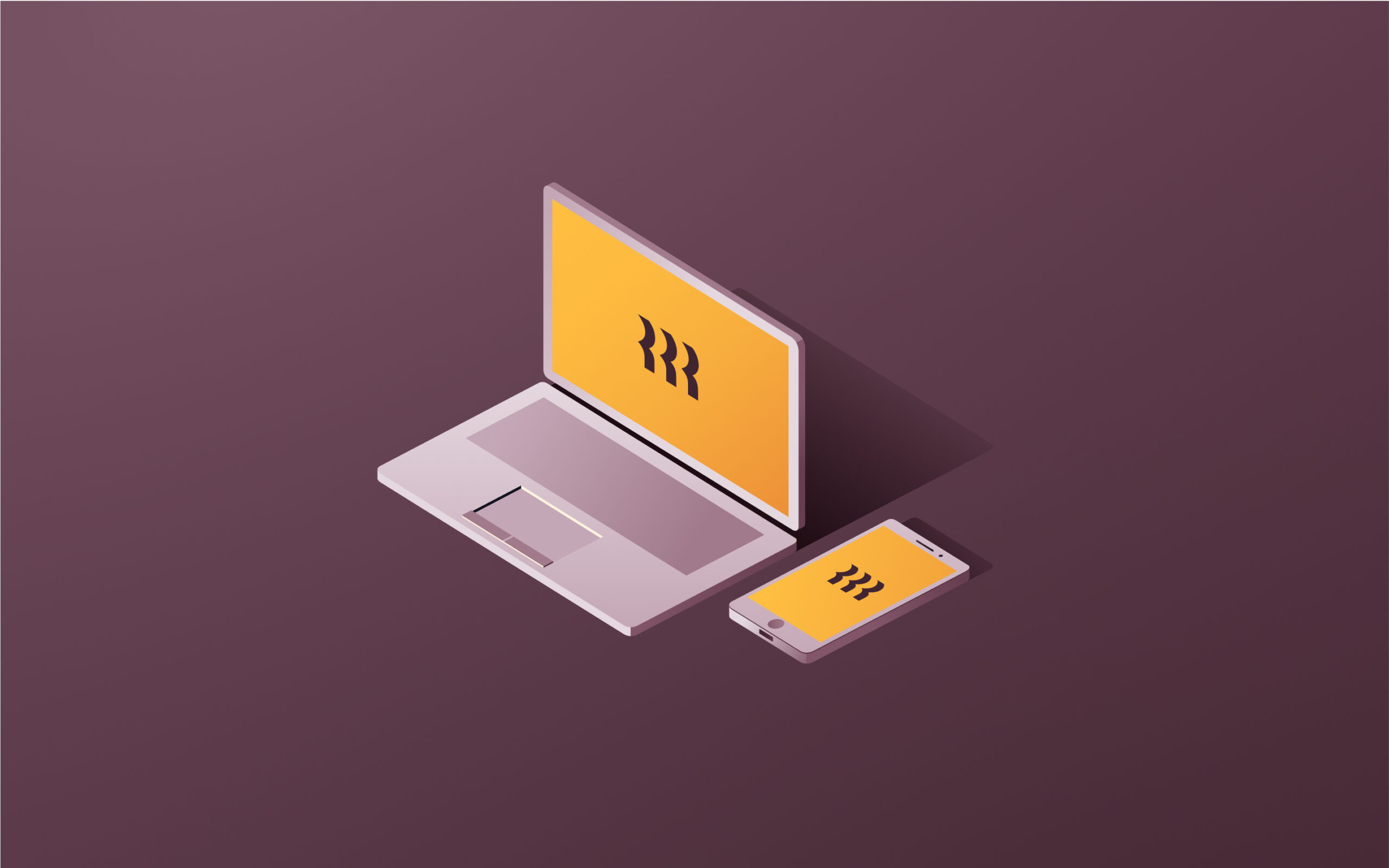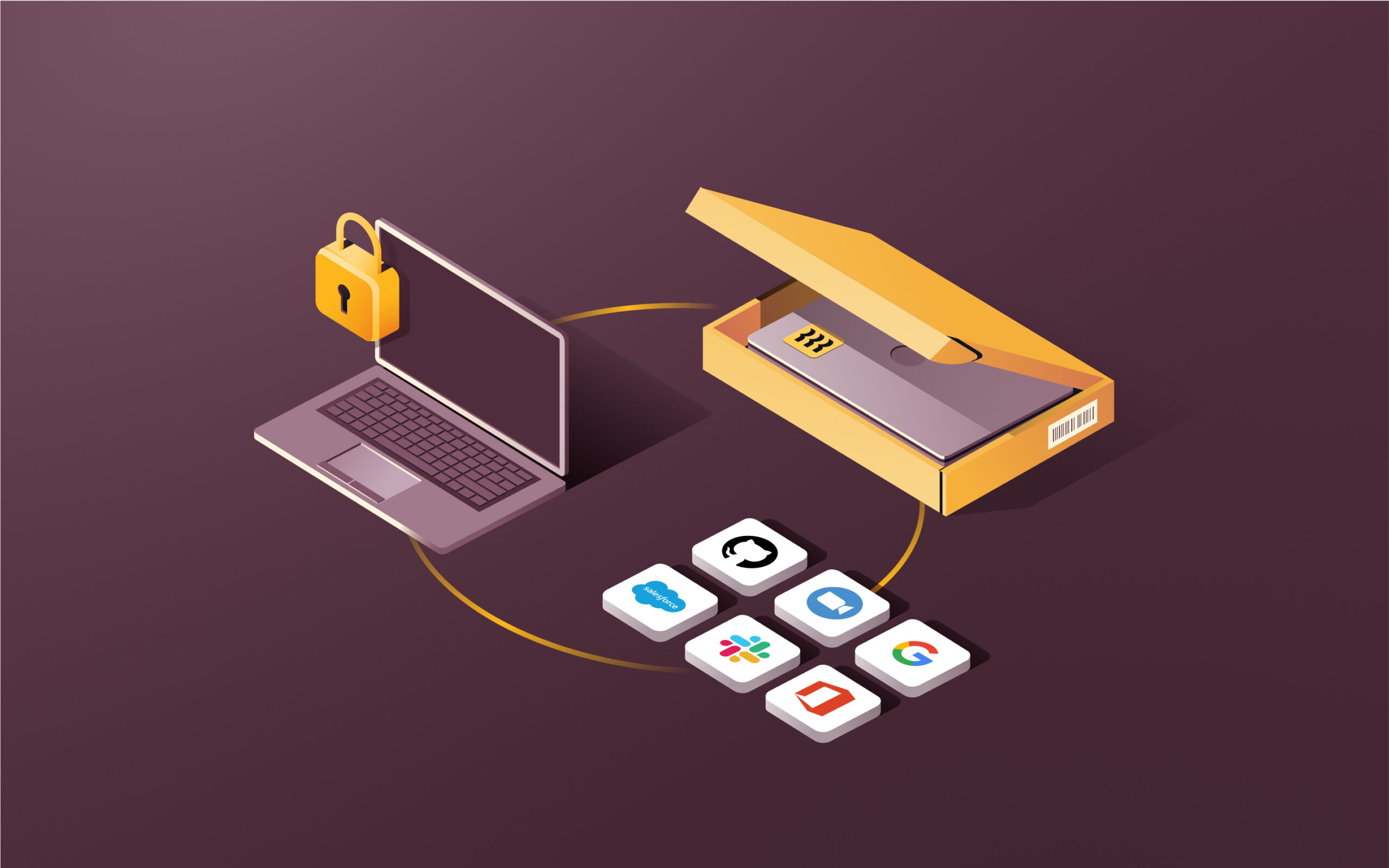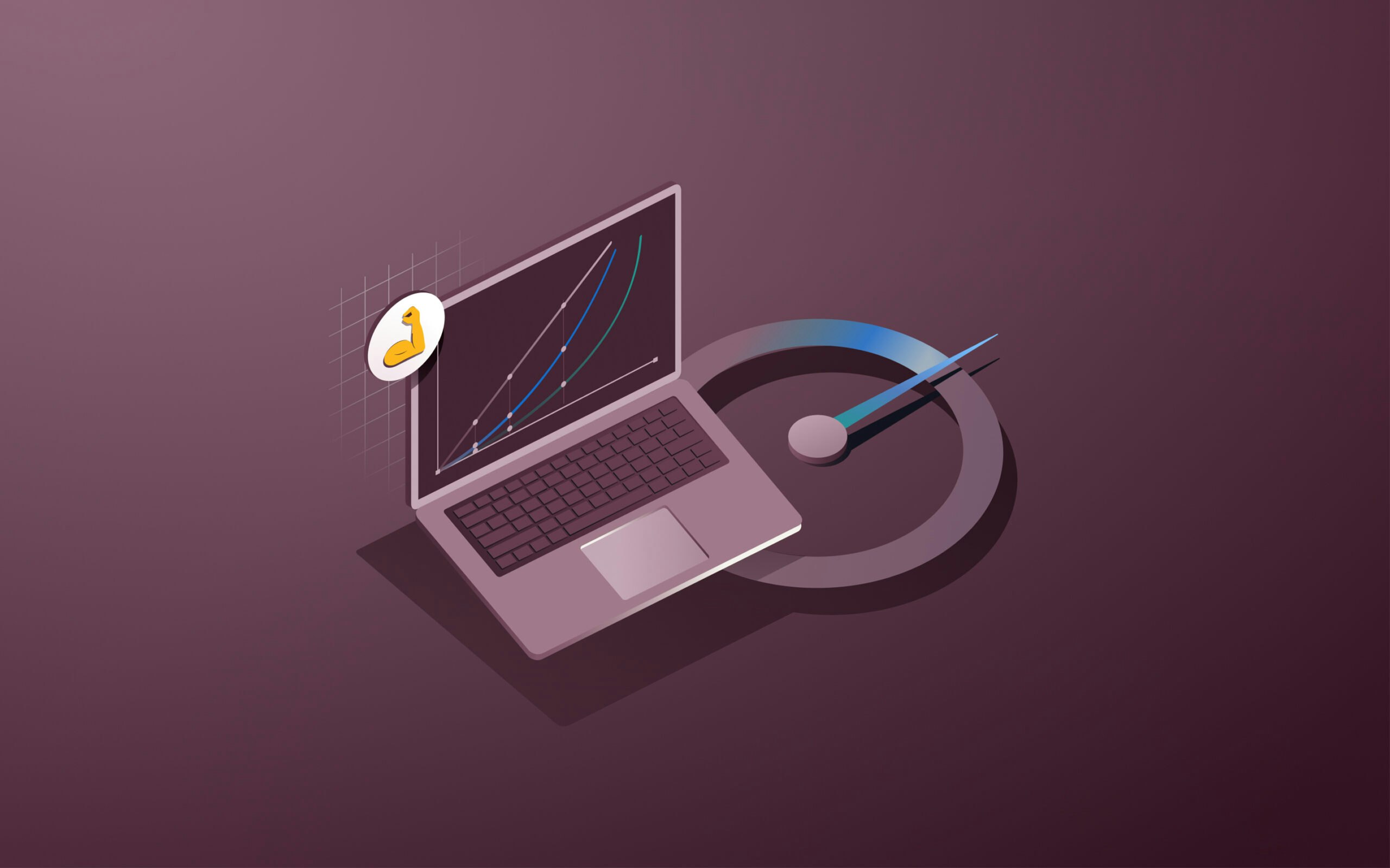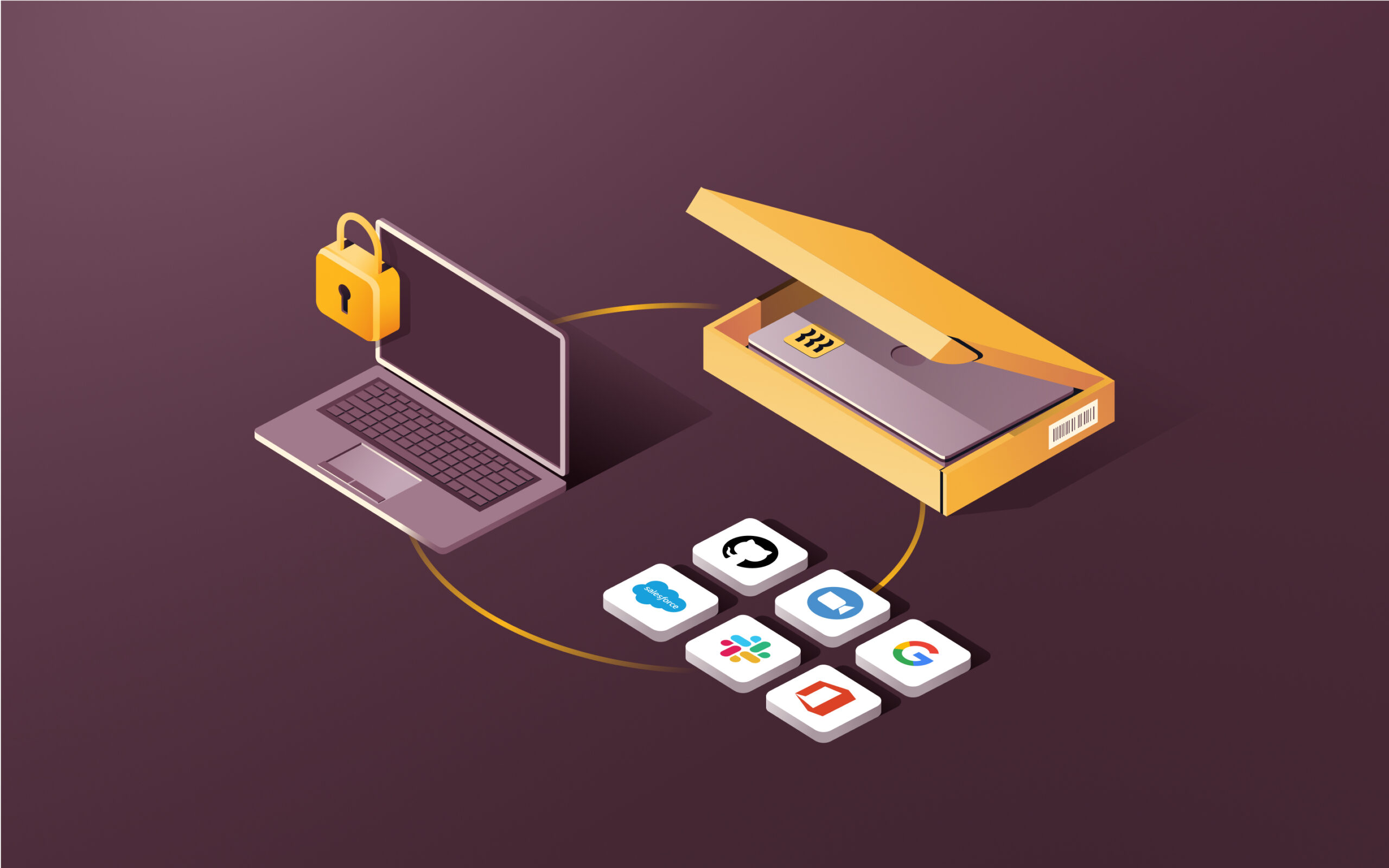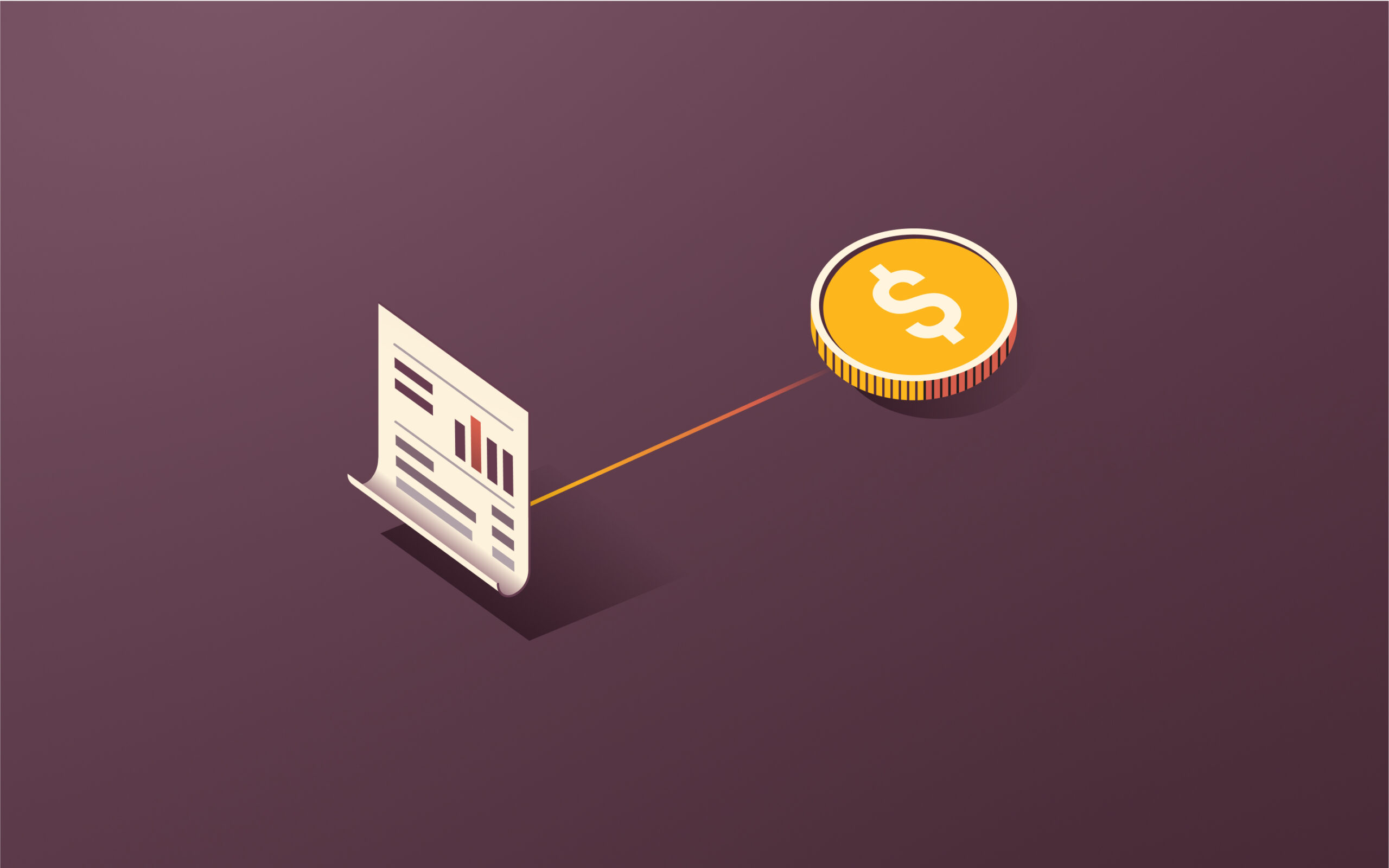Top 10 mobile device management (MDM) solutions for every business
Key Takeaways
- Mobile device management solutions are crucial for businesses to secure and manage employees' smartphones, tablets, and laptops, especially with the rise of remote work.
- When choosing an MDM software, consider factors such as supported platforms, scalability, deployment options, security features, user experience, pricing, and vendor support.
- Rippling stands out as an all-in-one platform that unifies HR, IT, and Finance, automating device management processes by connecting employee data.
As the trend towards remote work gains momentum and employees increasingly rely on smartphones, tablets, and laptops for work, the challenge of managing these devices has intensified for businesses. The COVID-19 pandemic accelerated this shift to remote and hybrid work models, resulting in a surge in the use of mobile devices to access company data.
Amidst these changes, an important question arises: How do you ensure everyone has the apps and settings they need while keeping company data secure? This is where mobile device management (MDM) solutions come in.
In this guide, we'll explain what MDM is, walk you through the top 10 MDM solutions on the market, discussing key features and pricing, and show you how to pick the right one for your needs.
What is a mobile device management solution?
Picture this: You've got a sales rep using their personal iPhone to access customer data, an executive with a company-issued iPad, and a remote employee working on a laptop from home. Mobile device management is all about keeping those devices secure, up-to-date, and running smoothly—without overwhelming your IT team.
An MDM solution is basically a software platform that lets you configure and manage all the mobile devices in your company from one place. Some common features include:
- Device enrollment and provisioning
- App distribution and license management
- Security policy enforcement (e.g. passcode requirements, data encryption)
- Remote wipe and lock of lost or stolen devices
- Inventory management and reporting
- Separation of corporate and personal data (containerization)
By implementing an MDM solution, organizations can improve data security, ensure compliance with industry regulations, reduce IT support costs, and enable employees to work productively from anywhere.
Top 10 MDM solutions: Best picks
There are multiple MDM solutions on the market which makes it tough to know where to start. To make your research easier, we've rounded up our top 10 picks, with details on features and pricing. They include:
Rippling
Rippling is an all-in-one platform that handles HR, IT, and Finance, and is highly rated by users, with a 4.8/5 star rating on G2. Its MDM solution, part of its unified workforce platform, makes it easy to manage and secure devices across your entire organization. By connecting HR data with device management, Rippling helps automate onboarding, offboarding, and device configuration for your diverse device fleet.
Key features of Rippling
- Supports Mac and Windows devices, enabling you to manage your entire fleet from one platform
- Automatically configures devices with the right apps and settings based on the user's role, streamlining onboarding
- Enforces security policies like encryption, password requirements, and OS updates to keep devices secure
- Offers detailed device inventory and management capabilities, giving you full visibility into your device fleet
- Integrates with Rippling's HR and IT systems to automate onboarding and offboarding processes
What sets Rippling apart
What really makes Rippling stand out is its ability to unify HR and IT data into a single platform. By connecting employee data with device management, Rippling helps you automate processes across the entire device lifecycle.
For example: You can automatically order and ship a new laptop to an employee as part of the onboarding workflow, complete with all the necessary apps and settings for their role.
Rippling also offers some unique device management features, like the ability to automatically add new hires to relevant Slack channels or transfer Google Drive files to a manager when someone leaves. Plus, Rippling's offboarding capabilities ensure that devices are wiped and retrieved efficiently, maintaining security and saving you time and effort.
Kandji
Kandji is an MDM software built exclusively for Apple devices. With a focus on automation and streamlined workflows, Kandji makes it easy to manage and secure your Mac, iPhone, and iPad fleet. It does not support Windows or other non-Apple devices.
Key features of Kandji
- Offers extensive automation options, including a library of 150+ pre-built controls and the ability to create custom workflows
- Provides a native macOS agent that enables advanced security features and offline device management
- Includes a self-service portal where users can install approved apps and run troubleshooting scripts without IT assistance
- Supports both major and minor macOS upgrades, allowing you to easily keep devices up-to-date
JumpCloud
JumpCloud is a cloud directory platform that unifies device management, identity and access management, and endpoint protection into a single platform. While JumpCloud supports a wide range of devices and operating systems, its pricing structure can be on the higher side for smaller companies.
Key features of JumpCloud
- Securely manage Windows, macOS, Linux, iOS, iPad, and Android devices from a single console
- Enable seamless onboarding and zero-touch enrollment for Apple devices to get new users up and running quickly
- Leverage policy-driven access control and multi-factor authentication to ensure secure access to resources
- Gain visibility into your device fleet with system insights and use patch management to maintain security compliance
Jamf
As the standard in Apple device management, Jamf provides a complete solution tailored for macOS, iOS, iPadOS, and tvOS devices. With a rich set of features and a dedication to same-day compatibility for new Apple releases, Jamf helps organizations confidently manage and secure their Apple ecosystem. Like Kandji, Jamf does not support non-Apple devices such as Windows and Android.
Key features of Jamf
- Streamline device deployment with zero-touch configuration for corporate-owned or BYOD devices
- Automatically deploy and manage apps from the App Store, third-party vendors, or custom in-house apps
- Ensure security with native Apple security features, endpoint protection, and visibility into compliance status
- Empower users with the Jamf Self Service app catalog for easy access to resources and reduced help desk tickets
ManageEngine Mobile Device Manager Plus
ManageEngine Mobile Device Manager Plus is a comprehensive MDM solution that enables management of smartphones, tablets, laptops, and IoT devices across multiple operating systems like Android, iOS, Windows, macOS, and Chrome OS, although its interface may feel somewhat dated compared to more modern alternatives.
Key features of ManageEngine
- Streamline device enrollment with options like Android zero-touch, Apple DEP, Windows Autopilot, and more
- Automate device provisioning with app installation, profile configuration, and security policy enforcement
- Ensure security with features like remote lock/wipe, encryption, geofencing, and compliance checks
- Troubleshoot device issues in real-time with remote control, screen mirroring, and configuration options
Scalefusion
Scalefusion provides a centralized platform to manage and secure Android, iOS, macOS, Windows, and Linux devices in the enterprise ecosystem. It however lacks ChromeOS support and advanced features can be hard to configure.
Key features of Scalefusion
- Strengthen device security with features like passcode enforcement, data loss prevention, remote wipe, and compliance violation detection
- Seamlessly distribute and manage apps from Google Play, Apple App Store, Windows Business Store, or in-house apps
- Reduce device downtime by remotely casting and controlling device screens to troubleshoot issues quickly
- Gain deep insights into your device inventory, security incidents, and usage patterns with Scalefusion DeepDive analytics
Hexnode
Hexnode is a unified endpoint management (UEM) solution that simplifies device management across various platforms, including iOS, Android, Windows, macOS, tvOS, and Fire OS, with a strong emphasis on user experience and flexibility. However, its tiered pricing structure may require careful consideration, as features like Windows OS updates are only available in the highest plan.
Key features of Hexnode
- Streamline device enrollment with options like Android zero-touch, Apple DEP, Windows Autopilot, and QR code/URL-based enrollment
- Secure devices with features like passcode enforcement, data loss prevention, geofencing, and remote wipe/lock
- Manage apps effectively with app catalogs, blacklisting/whitelisting, managed app configurations, and silent app installations
- Enables kiosk lockdown mode to restrict devices to one or more apps for improved productivity and focus
Microsoft Intune
Microsoft Intune, a core component of Microsoft's Enterprise Mobility + Security suite, delivers a robust and scalable MDM solution tightly integrated with the Microsoft 365 ecosystem. While it offers a comprehensive set of features, users are quick to highlight Intune’s slow deployment times, inconsistent reporting, and limited troubleshooting capabilities.
Key features of Microsoft Intune
- Manage device platforms and ownership models (BYOD, corporate-owned) from a single console
- Deploy and manage apps from public app stores, custom LOB apps, or web apps with granular app protection policies
- Enforce device-level and app-level security with encryption, conditional access, mobile threat defense and more.
- Gain visibility into device compliance status, app inventory, and end-user experience with built-in reporting and analytics
SureMDM
SureMDM, a product of 42Gears, streamlines device management while supporting a wide range of platforms including Android, iOS, macOS, Windows, Linux, Wear OS, VR, ChromeOS, and IoT devices. While it has a functional UI/UX that could benefit from improvements, new users may encounter a learning curve and a slow console.
Key features of SureMDM
- Robust security features like remote wipe, passcode enforcement, app blacklisting/whitelisting, and factory reset protection
- Comprehensive application management capabilities including app distribution from various sources, remote installation/uninstallation, and managed app configurations
- Remote troubleshooting via remote view, control, file transfer, and process monitoring to minimize device downtime
- Advanced kiosk lockdown functionalities to restrict devices to single or multi app mode with a customizable user interface
Miradore
Miradore is a cloud-based, easy-to-use MDM solution that helps organizations manage and secure their Android, iOS, Windows, and macOS devices from a unified console. Miradore however has limited documentation and needs improvements in its patch management system.
Key features of Miradore
- Easy device enrollment via various methods like Apple DEP, Android ZTE, QR code, and self-service enrollment
- Ensures device and data security through passcode policies, encryption enforcement, remote wipe, and factory reset protection
- Simplifies app management with features like managed Google Play and Apple VPP integration, blacklist/whitelist, and silent app installation
- Offers useful automation features to save IT time, including policy-based device configuration, dynamic grouping, and bulk device operations
How to choose the right MDM solution
We’ve covered the major MDM platforms available out there but what are the key considerations to keep in mind during the evaluation process? This section explores that.
- Supported platforms: When assessing MDM vendors, start by considering the types of devices and operating systems your employees use. Are they primarily on iOS, or do you have a mix of Android, Windows, and macOS devices? Some MDM solutions specialize in managing certain platforms, while others offer broad support. Ensure the solution you choose can handle your current device ecosystem and adapt to any planned changes.
- Scalability: Scalability is another key factor, especially for growing businesses. You don't want to invest in an MDM tool only to outgrow it in a year or two. Look for a solution that can comfortably accommodate your projected number of devices and users over the next few years. Many MDM providers offer different pricing tiers based on the number of devices, so you can start small and scale up as needed.
- Deployment options: Deployment options are also worth considering. Cloud-based MDM solutions are generally quicker to set up and easier to maintain since the vendor handles updates and infrastructure. However, some organizations, particularly those in highly regulated industries, may prefer the control and customization of an on-premises solution. Evaluate your IT team's capabilities and bandwidth when deciding between cloud and on-prem.
- Security features: Security should be a top priority when choosing an MDM software, given the sensitive corporate data stored on employee devices. At a minimum, look for features like encryption, strong authentication (e.g., MFA), and the ability to remotely lock or wipe lost/stolen devices. More advanced solutions may offer threat detection, geofencing, and integration with security tools like mobile threat defense (MTD). Also, consider the vendor's security certifications (e.g., SOC 2, ISO 27001) and compliance with relevant regulations like HIPAA or GDPR.
- User experience: User experience is another critical consideration that's often overlooked. An MDM solution that's difficult for employees to use will lead to frustration, decreased productivity, and increased help desk tickets. Look for a solution with an intuitive interface, self-service options (e.g., password reset, app catalog), and seamless integration with your existing business apps and workflows. Gather input from a cross-section of end-users during the evaluation process to ensure the solution meets their needs.
- Pricing: Of course, price is always a factor when selecting business software. MDM solutions are typically priced per device per month, but some vendors may charge based on features or the number of administrators. Determine your budget upfront and get quotes from multiple vendors. Consider the total cost of ownership, including implementation, training, and support costs.
- Vendor support: Finally, don't underestimate the importance of vendor support and roadmap. Managing mobile devices is complex, and you want an MDM provider who will be a responsive, long-term partner. Research each vendor's reputation for customer support, including response times, support channels, and SLAs. Also, ask about their product roadmap and how they plan to evolve their solution to address emerging mobility challenges.
Streamline mobile device management with Rippling
For a powerful yet easy-to-use MDM software, Rippling’s unified workforce platform handles all of your people operations in one place, from payroll and benefits to device and app management.
With Rippling, onboarding a new employee is as simple as ordering their computer, installing needed software, and shipping it directly to their doorstep—all from one intuitive interface. Advanced workflows and approval policies let you automate repetitive MDM tasks while maintaining IT oversight.
But Rippling goes beyond traditional MDM solutions by syncing HR data with IT systems. For example, you can configure app access based on an employee's department, tenure or location. Or send a notification if a device shipment is delayed. By connecting your people data with device management, Rippling helps you increase productivity, tighten security, and reduce busywork.
FAQs
Which MDM solution is the best?
There is no one-size-fits-all answer to this question, as the best MDM solution depends on your unique business requirements, IT environment, and budget. However, if you’re looking for a solution that combines MDM, IAM, SSO, password management, and endpoint security—all in one place, Rippling is an excellent choice.
Who needs an MDM solution?
Any organization that has employees using mobile devices (smartphones, tablets, laptops) for work can benefit from an MDM solution. MDM is especially critical for companies with remote workers, BYOD (bring your own device) policies, or strict data protection regulations like HIPAA and GDPR.
What features to look for in an MDM solution?
When evaluating MDM solutions, prioritize support for your required device types and OSes, robust security controls, scalable deployment options, and seamless integration with your existing IT systems. Other important features include granular policy setting, extensive app management, detailed reporting for visibility and compliance, and reliable vendor support.
Schedule a demo with Rippling IT today
This blog is based on information available to Rippling as of June 18th, 2024.
Disclaimer: Rippling and its affiliates do not provide tax, accounting, or legal advice. This material has been prepared for informational purposes only, and is not intended to provide or be relied on for tax, accounting, or legal advice. You should consult your own tax, accounting, and legal advisors before engaging in any related activities or transactions.





